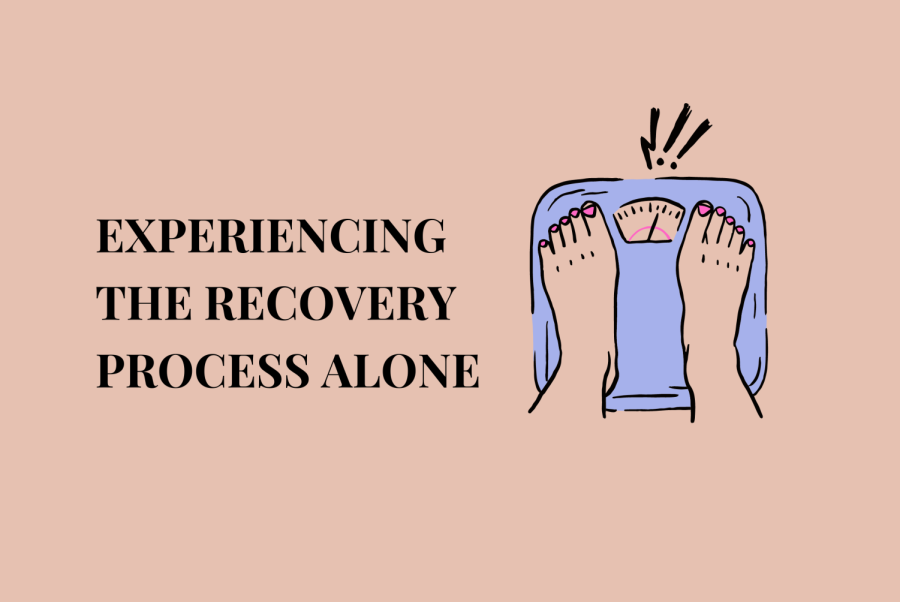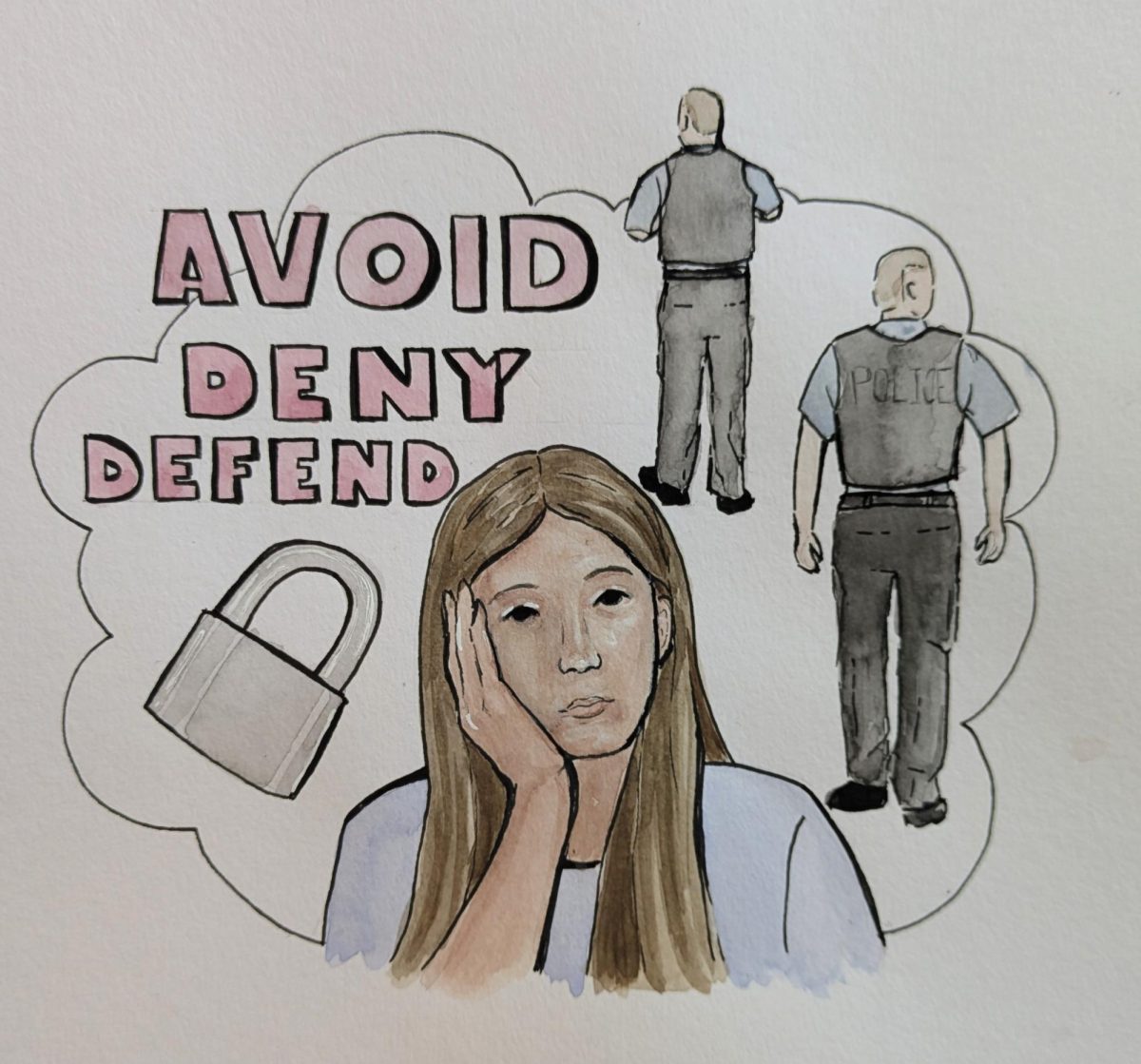Experiencing the recovery process alone
May 16, 2023
This previously ran in our April 2023 print issue.
The National Eating Disorders Association (NEDA) states that recovering from an eating disorder requires a qualified team of professionals and support from family and friends. There are five stages of recovery defined by the NEDA.
The first stage, the Precontemplation Stage, occurs when the person refuses to believe that they have a problem, and family members notice symptoms before the individual acknowledges it. For the family members at the first stage, it is important that they gently educate the person about the eating disorder’s effects on their health, and the positive aspects of recovering from it.
For me, I remember questioning my experiences over the past couple of months after my pastor and one of my grandparents mentioned eating disorders such as anorexia, and not in a complimentary manner.
During the next stage, the Contemplation Stage, the individual recognizes that they have an eating disorder and are open to getting help.
A psychotherapist should assist the individual in discovering the function of their eating disorder so they can get to the root of why it developed in the first place. This stage was conflicting for me because I did not want to reach out to people, so I found certified dietitians through YouTube from whom I would try my best to take advice from and realize where the root of my eating disorder was coming from.
At the Preparation Stage, individuals are open to change but are unsure on how to do it. A nutritionist, psychotherapist, physician, and a treatment team are available to help develop a plan of action for the individual. I developed my own plans of action, trying to make what seemed like a jumbled mess of a plan into something that would help me. All I knew was that I wanted to take back control of my life.
At the Action Stage, individuals are ready to implement those strategies and confront the problem head on. A treatment team for the individual helps to reinforce those changes.
When I would try to implement these changes, it would often take ages for me to go through with them. It all came from places of fear, from the mindset that my eating disorder had pushed onto me.
That fear of growing back into the person I was before, because as dangerous as my eating disorder was, it felt safe to me for so long that the mindset was incredibly hard to break.
The Maintenance Stage occurs when the person actively pursues the efforts to recover for six months. It’s important to revisit potential triggers, establish new areas of interest, and have loved one’s by the individual’s side to celebrate their efforts and successes.
Since December of 2021, I find challenges through my own eating disorder recovery every day.
As I’ve been recovering, my experience has been nothing of the sort in terms of others by my side throughout the process.
I knew that having professionals by my side would help, but I did not yet want to burden my family financially or fully open up to them about my experiences. I was not ready. I was still processing what had happened to me.
Every day was spent thinking. Thinking about how to change my mindset, how to treat myself well, to feel my hunger and fullness signals again, to gain further coping skills. How do I relearn to feel the things I have not felt in months?
So many people say that I am lucky. That they would want to have an eating disorder just to lose weight or eat healthier. Truly, it entails so much more than that.











